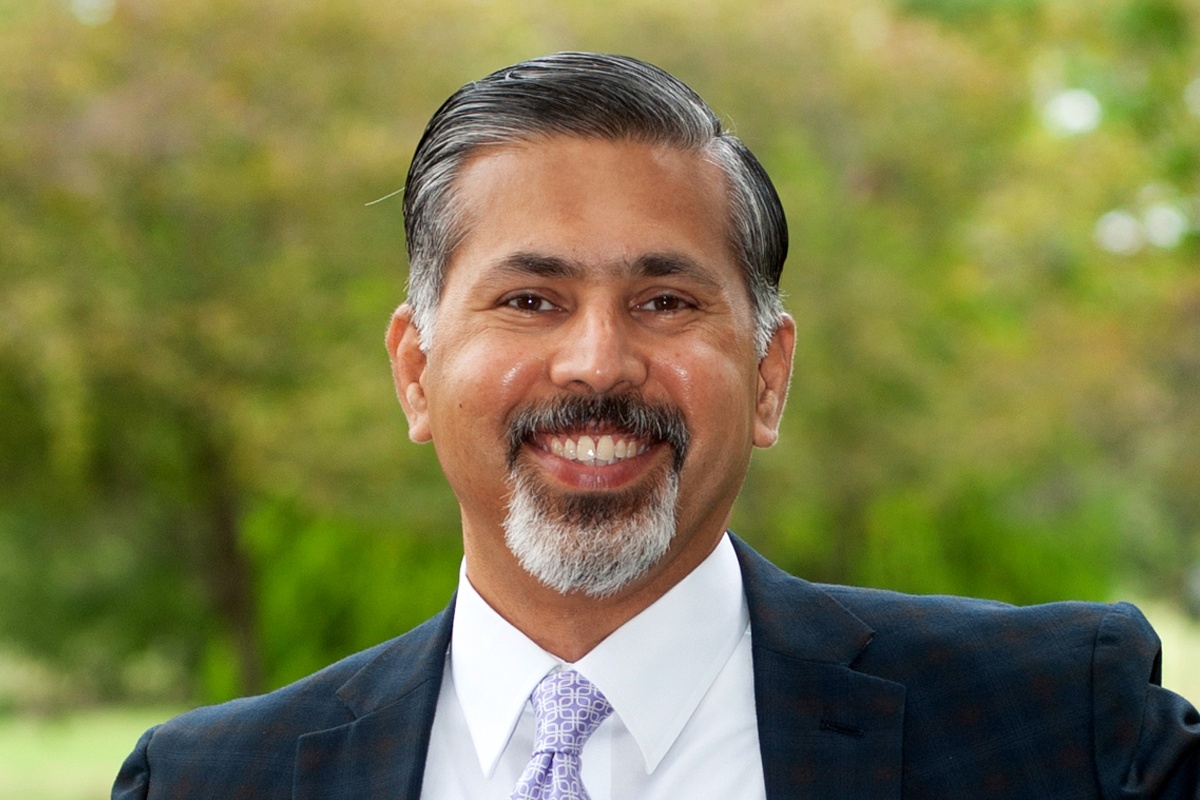By Sharon Omahen
University of Georgia
The drought may have broken in the state, but a University of
Georgia expert urges Georgians not to switch out of water
conservation mode.
“We’ve had a lot of rain and many of our reservoirs are
filled,”
said Clint Waltz, an Extension Service specialist with the
University of Georgia College of Agricultural and Environmental
Sciences. “But the water problems we face in Georgia are every
bit as much a people and population problem as they are a
drought
problem.
Say on odd, even cycle
Most Georgians have become accustomed to following an odd or
even
day schedule for watering their lawns. Waltz says you should
continue to keep on those schedules whether they are required by
your local government or not.
“However, just because it’s your day to water, doesn’t mean
you
have to,” Waltz said. “Your grass doesn’t know what day it is,
so
if it doesn’t need water, wait another day or two.”
And most turfgrasses only need an inch of water per week,
Waltz
said. Some can survive on less.
Aside from keeping a watering schedule, he has several
recommendations for saving water while maintaining your
landscape:
Follow these tips
* If you need to fertilize, select a type of fertilizer with
less
nitrogen.
“To save water, slack off on fertilization so that you aren’t
increasing plant top growth,” Waltz said. “You don’t need to
stimulate your grass to grow when you’re trying to save
water.”
* Increase your mower height. In general, the lower your
mowing
height, the shallower your root system, Waltz said.
“You want deeper roots with more soil volume to explore for
water
and nutrients,” he said.
* Promote deeper plant roots by watering less often than
normal.
“Increase the duration between your irrigation sessions,”
said
Waltz. “This way you condition your grass to search deeper for
water.”
* Think ahead to the future.
“We’re out of the drought now, but no one knows for how
long,”
he
said. “You have to keep pre-conditioning your lawn for the next
drought and conserving water both for the short and long
term.”
Despite the recent abundance of rain water, Waltz says to
remember water is still a precious resource.
“You should keep the concept of saving water because it’s a
precious, precious resource,” he said. “We need to insure that
there’s enough of it around in both wet and dry seasons.”




